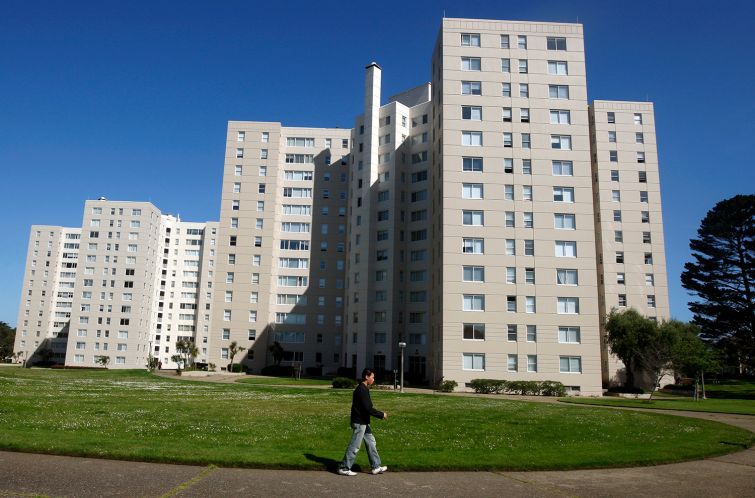CRE Distress Rate Hits Third Straight Monthly High

The CRED iQ distress rate inched up 14 basis points in May to 8.49 percent, setting a third consecutive record high.
The CRED iQ team evaluated payment statuses reported for each loan, along with special servicing status as part of our monthly distress update. The special servicing rate now stands at 8.09 percent and the CRED iQ delinquency rate is at 5.8 percent through May’s data.
The sector with the largest increase in distress last month was from hotels, with the lodging sector jumping from 8.7 percent to 9.4 percent in May.
The Grand Wailea hotel, which is backed by a $510.5 million loan with an additional $289.5 million in mezzanine debt, failed to pay off at its May maturity date, according to special servicer commentary. The 776-room, oceanfront, luxury resort is on the south shore of Wailea on the Hawaiian island of Maui. The asset was performing with a below breakeven debt service coverage ratio of 0.93 and 49.9 percent occupancy as of year-end 2023.
Special servicing commentary indicates there are five one-year maturity extension options for the Grand Wailea loan, and a representative for the Grand Wailea stated that the loan is not delinquent or in default, payments have been made on time and the owners of the Grand Wailea have exercised an option to extend the maturity date by one year.
Retail regained its leadership position in May as the office segment shaved six basis points to 11.1 percent following five straight months of increases. Just two basis points separate the retail and office segments. Retail and office continue their duel for the highest level of distress then.
Similarly, the retail segment saw a decrease in its distress rate of six basis points to 11.3 percent following an increase from 9.5 percent to 11.9 percent in the April data.
Industrial and self-storage continue their steady track records — both operating at sub 1 percent for all but one of the last 12 months.
Following a fairly dramatic distress rate increase in April, the multifamily sector shaved one basis point to 7.1 percent. The April increase was largely attributable to a $1.75 billion loan ($561,000 per unit) backed by Parkmerced, a 3,221-unit multifamily property in San Francisco. An imminent non-monetary default caused the loan to transfer to the special servicer with the looming maturity date of December 2024.
Looking at payment status, 24.4 percent of the loans are current, with an additional 2 percent and 5.5 percent late (but in the grace period) and late (but less than 30 days), respectively. The largest loan category was nonperforming matured at 35 percent, followed by 90-plus days delinquent at 15.6 percent and performing matured at 11.8 percent.
CRED iQ’s distress rate aggregates the two indicators of distress — delinquency rate and specially serviced rate — yielding the distress rate The index includes any loan with a payment status of 30-plus days past due or worse and any loan actively with the special servicer. It also includes nonperforming and performing loans that have failed to pay off at maturity.
It’s important to note that CRED iQ’s distress rate factors in all CMBS properties that are securitized in conduits and single-
borrower large loan deal types. CRED iQ tracks Freddie Mac, Fannie Mae, Ginnie Mae and CRE CLO loan metrics in separate analyses.
Mike Haas is the founder and CEO of CRED iQ


